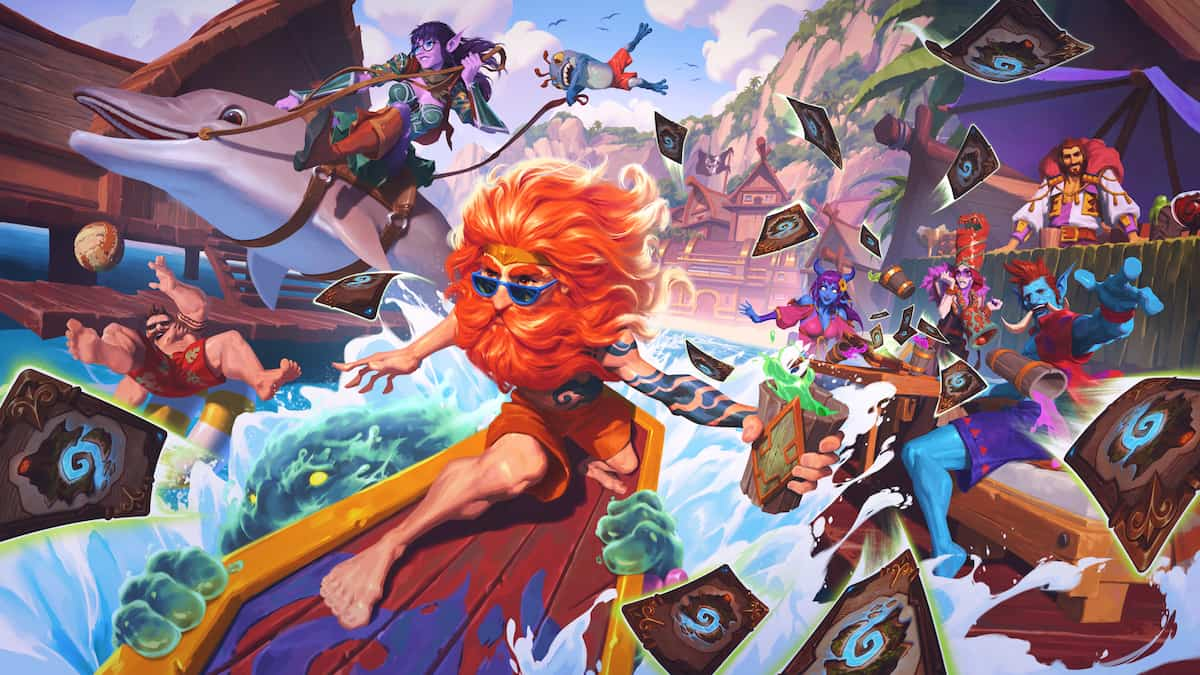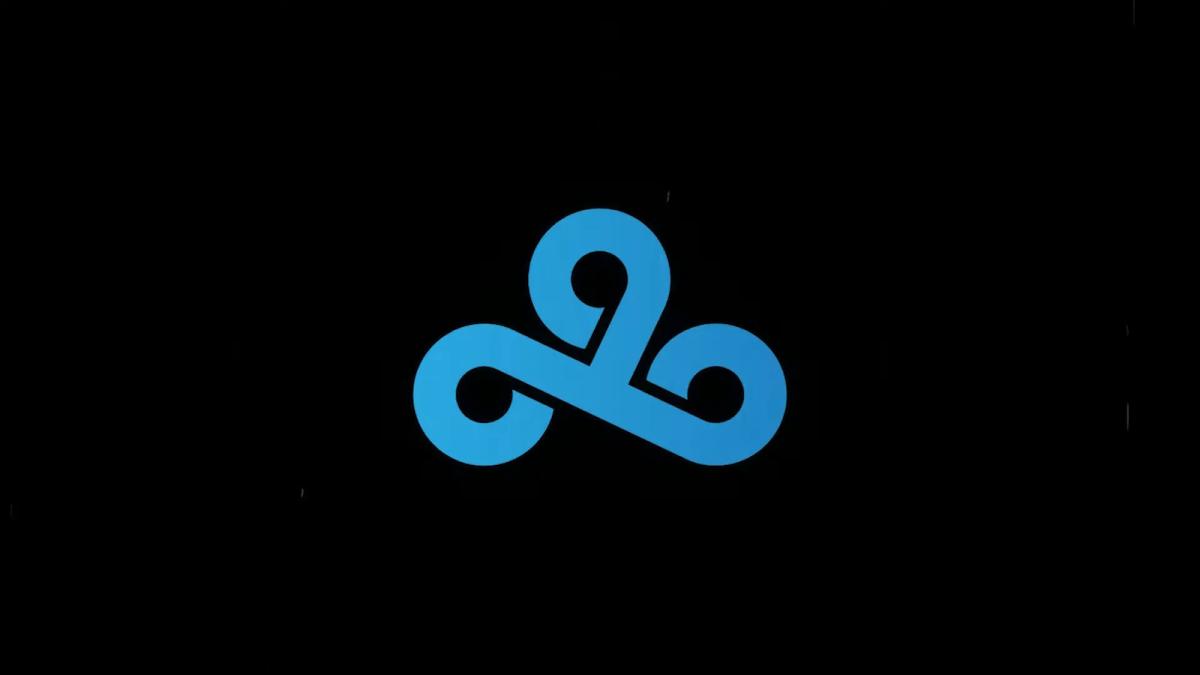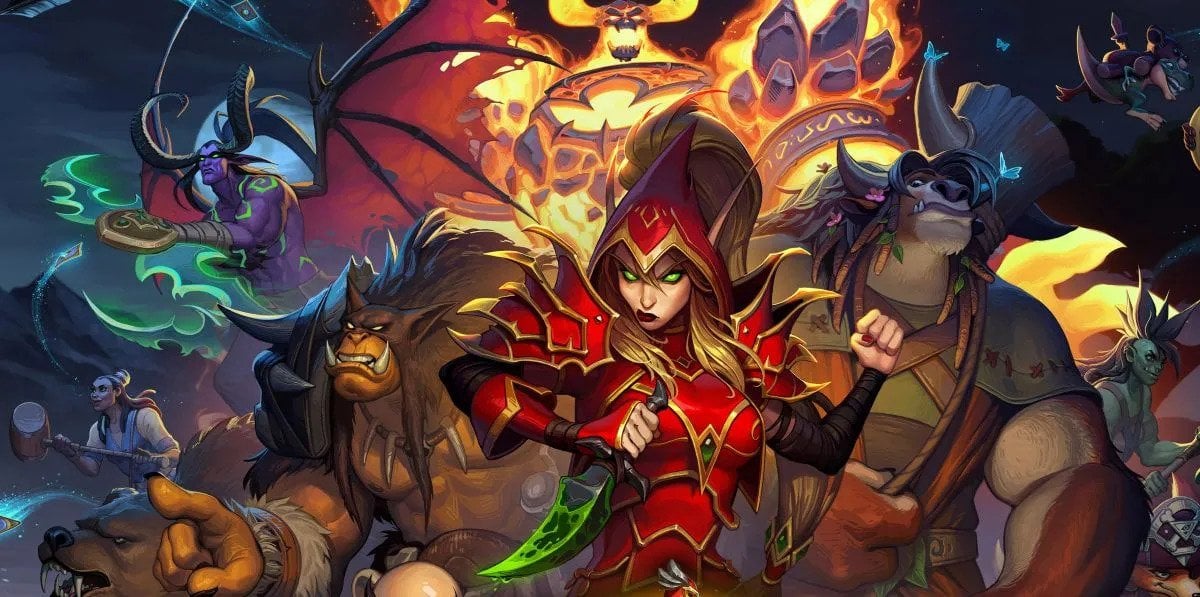BY NARELLE BATTERSBY
It’s easy to make the issue of women competing in esports into something far more complicated than it actually is. Since the news of women being barred from an upcoming Hearthstone tournament qualifier broke, plenty have weighed in with opinions on the situation—including the group responsible for the discriminatory policy, the International eSports Federation (IeSF). After initially shunning women altogether, the IeSF later allowed women to play—but in their own tournament.
Frankly, the situation is simple. Should women be able to compete in esports tournaments alongside men rather than in segregated brackets? Yes, they should. It’s 2014, and to argue any differently is to take the side of blatant sexism and misogyny. And there’s already far, far too much of that in the gaming world. The main excuse given by the IeSF seems to be that women are segregated in order to better promote women’s esports, giving women opportunities to compete without being dominated by higher numbers of male competitors.
If this reasoning were sincere, we’d be seeing women’s tournaments given the same coverage and support as men’s events. The Hearthstone World Championship, to be held at Blizzcon in November, boasts $250,000 in prize money. The Starcraft World Championship Series offers up $100,000 for first place alone (and, of course, also uses male pronouns as default throughout its site). Esports are serious business, not chump change, and relegating women to separate brackets on the sidelines under the guise of supporting them sends a very clear message about how seriously the IeSF takes female competitors.
Women already struggle to be recognized as equals in the gaming world. All you need to do is read reactions to the recent Ubisoft drama about female playable characters to see just how little ground women have gained in recent years when it comes to being respected as legitimate gamers who make up close to half of the entire demographic. Women are still considered an optional feature, easily dropped or ignored without concern, and the IeSf is tacitly supporting this position by insisting that women should occupy their own little space away from the bright lights and big money of the men’s tournaments.
IeSF might claim to be trying to lend legitimacy to esports by treating it like traditional sports, and might claim that it’s better for women this way, but by doing so it’s enforcing the absolutely false idea that women’s abilities and interests as gamers are lesser than men’s. Even men who are supportive of women in esports often use language referring to women “catching up” to the skills of men and having a “chance” to win in their own segregated brackets.
As kindly placed as these sentiments might seem to be, they’re still rooted in the fundamentally flawed belief that women do not and cannot game on the same level as men. Women aren’t underrepresented in the top tiers of pro gaming because their capabilities are any different, but because pro gaming is overflowing with sexist attitudes and discrimination that make it an intensely unwelcoming environment. Providing separate tournaments and groups may sound like a positive step towards giving women space to show their mettle, but all they ultimately do is reinforce the sexual discrimination and sexist attitudes they claim to disavow.
Take a look at the Frag Dolls, for example, possibly the most well-known all-female pro gamer group. In order to even be considered for the yearly internships the Dolls offer in conjunction with their parent company, Ubisoft, which the group describes as a way for women to gain experience and a foothold in the video game industry as creators and as professional competitors, potential applicants are required to provide photographs. The message is clear: Ubisoft wants to support the growth of women in esports and video games, but only if they meet a certain level of conventional attractiveness. The underlying sexism is undeniable.
Luckily, opinions overall seem to be in favor of the IeSF scrapping its flimsily justified gender segregated brackets. Once the IeSF accepts that the best way forward is to embrace the fact that esports give all genders the opportunity to compete on a level playing field without boundaries, and rewrites their rules accordingly, it will be a step in the right direction for the presence of women in the pro gaming community. It’ll also bring IeSF’s actions and practice into line with their proclaimed anti-discrimination creed, which talks a big talk about promoting and elevating the participation of female players despite current rulings to the contrary.
If women are ever going to be respected as legitimate esports competitors, being respected enough by the IeSF to be included without segregation in all esports tournaments will be an important milestone. Considering that the IeSF has stated that it’s listening to the outpouring of responses on this issue, maybe we can hope that that milestone will come sooner rather than later. Narelle Battersby is a full-time World of Warcraft addict and freelance genre fiction editor. She can be found geeking out about horror, dinosaurs, and new season anime at cthonical.tumblr.com.






Published: Jul 4, 2014 08:30 am